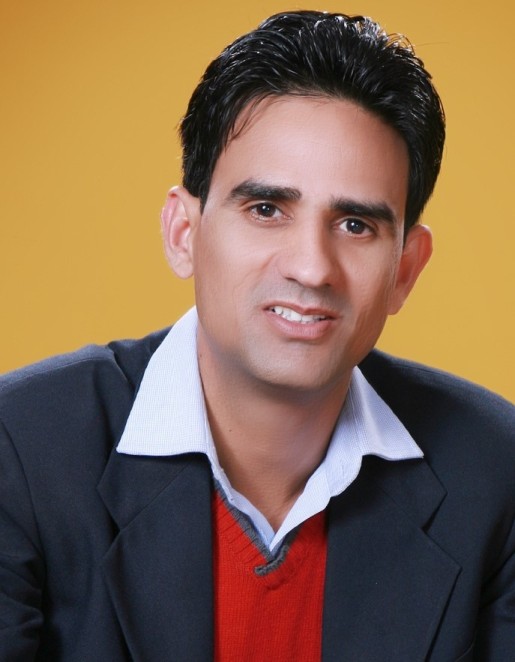HARI PRAKASH
Verified @libinfosci.du.ac.in
Research Scholar
Department of Library and Information science University of Delhi
Working as Librain Under Directorate of Education, GNCT of Delhi
EDUCATION
Persuing Ph.D in Library and Information Science
RESEARCH INTERESTS
Scholarly Communication, Research Visibility, Research Promotion, Research promotion and accessibility
FUTURE PROJECTS
research Visibility of Faculty in the field of Science at University of Delhi
vidwan accounts, google scholar, orcid id , researcher id will be evaulated
Applications Invited
research visibility
Scopus Publications
Scholar Citations
Scholar h-index
Scholar i10-index
Scopus Publications
Pragya Lohia and Hari Prakash
Defence Scientific Information and Documentation Centre
The study examines the Google Scholar profile of LIS faculties employed in central universities of North India to determine their research online visibility. Data was obtained by doing manual searches on Google scholar on 4 July 2022 with the appropriate name of the faculties and their affiliation. The study found that 74 % of the faculty have a Google Scholar profile. Findings show that Prof. Margam Madhusudhan (DU) is leading among the faculties with a citation count of 1715, the highest number of publications, 162, and the highest i10 index of 31. Further, Prof. Bhaskar Mukherjee (BHU) and Prof. Margam Madhusudhan (DU) have the highest-ranked h-index, with 18 each leading the list. The authors advocate that a GS profile can be used to assess the research productivity of the faculty and that the authors’ work is more accessible if they create a Google Scholar profile for personal and institutional ranking purposes. The study also recommends displaying thrust areas for faculty members to boost the visibility of their areas of interest, which can be used for collaboration by other faculties or researchers with similar interests in India and overseas.
K. Shailendra and Hari Prakash
Emerald
PurposeThe purpose of this research is to investigate the information needs of Members of the Legislative Assembly (MLAs) of Delhi. It aims to provide a study of information sources used by them. It also includes the library use by MLAs, their awareness about various library services, and deals with the problems/hindrances faced by MLAs during the process of information seeking.Design/methodology/approachThe study was conducted with the help of a structured questionnaire and semi‐structured interview schedule. The respondents marked their response on a graphic scale which was converted into a rating scale for obtaining the inferences. The analysis of data is done with the help of weighted mean. A histograph has been used to make the matter more understandable.FindingsThe results of this research show that only a few MLAs are aware about the usefulness of library/information services. They are dependant on non‐documentary sources of information. They are not fully satisfied with the present system of information gathering, where they have to devote more time and energy.Research limitations/implicationsThe present research is applied only to the information system available to the MLAs of Delhi. The findings can not be universalized to all the MLAs in the different states of India.Practical implicationsIn the last part of this paper an outline for the proposed information system for the MLAs of Delhi has been provided. These suggestions will be useful to the policy maker when making an electronic based information system for the MLAs of Delhi.Originality/valueThere has been no study carried out on the information needs of MLAs in India prior to this research. The study will help the authorities to build/rebuild/improve the information system for MLAs in Delhi.
RECENT SCHOLAR PUBLICATIONS
MOST CITED SCHOLAR PUBLICATIONS
Publications
A study of information needs of Members of the Legislative Assembly in the capital city of India aslib proceedings vol 60 (2) 2008

